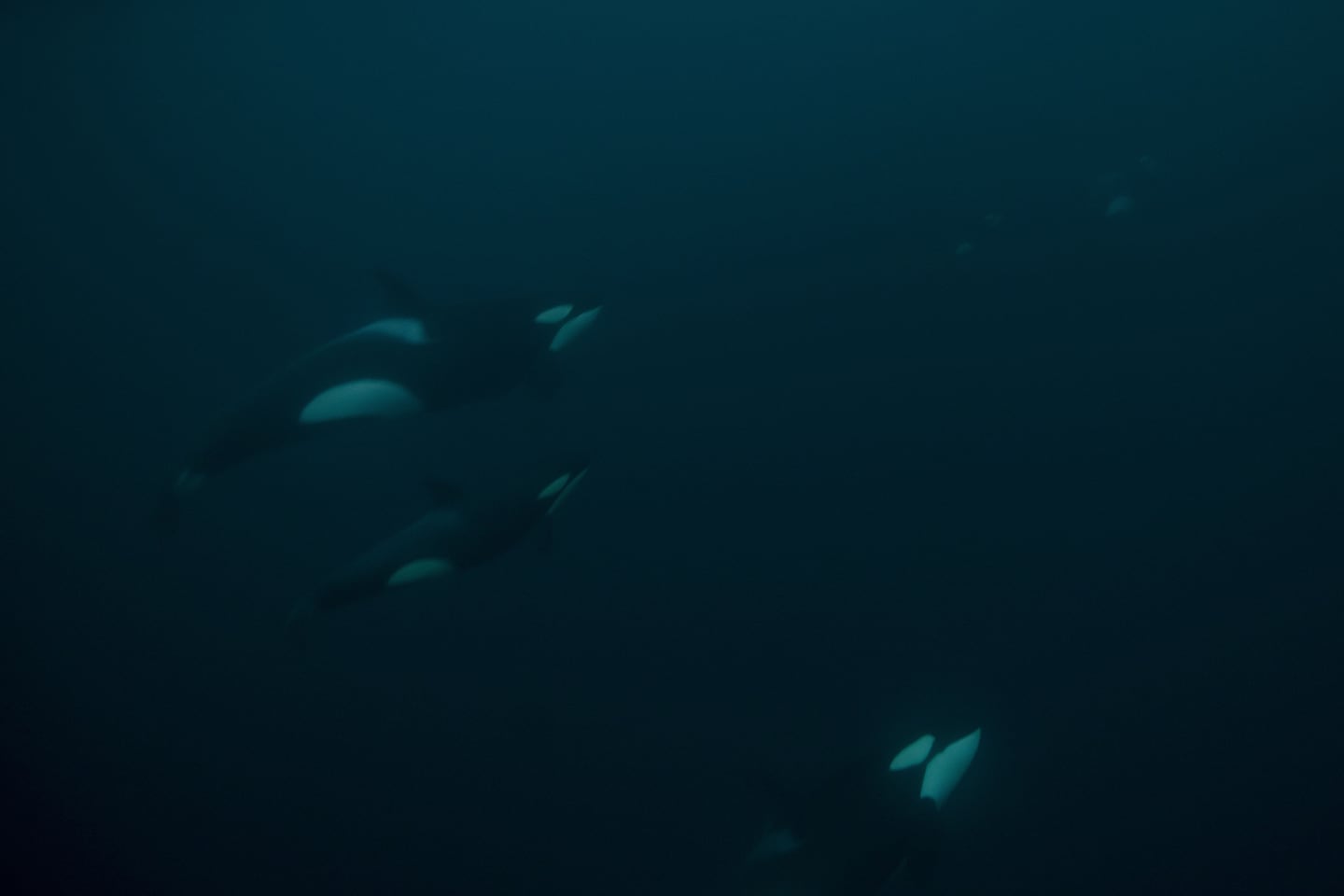Menopause presents an intriguing evolutionary conundrum. If the primary objective of any organism is to perpetuate its genetic lineage, why would a species cease reproduction years or even decades before the culmination of its life cycle?
To unravel this enigma, a team of researchers at the University of Exeter delved into the phenomenon across five whale species, including orcas and narwhals. Their findings indicate a compelling rationale: menopause may have evolved to enable older females to actively participate in nurturing and supporting younger generations.
Employing a robust approach known as the comparative method, the researchers juxtaposed toothed whale species that undergo menopause with those that do not. This analysis revealed that menopausal species boast significantly longer lifespans than their non-menopausal counterparts, fostering extended periods of intergenerational coexistence within family units.
These discoveries align with the longstanding “grandmother hypothesis,” proposing that aged females in select species forego reproductive activities to instead bolster the well-being of their descendants.
Menopause remains a rarity in the animal kingdom, primarily observed in a handful of mammals such as humans and certain whale species. From a standpoint of natural selection, this departure from continuous reproduction poses a puzzling scenario. While perpetual reproduction typically maximizes offspring production, some mammals opt for a different trajectory.
Unraveling the evolutionary underpinnings of this divergence proves challenging due to the absence of a temporal lens. However, insights gleaned from research in Gambia underscore the positive impact of maternal grandmothers on child health and survival rates.
The study of whales offers a unique vantage point to dissect the intricacies of menopause. By analyzing data from mass mortality events, researchers compared the longevity and reproductive patterns of toothed whale species with and without menopause. The results unveiled a stark contrast in lifespan, with menopausal whales living over 40 years longer on average. Despite ceasing reproduction prematurely, these elder female whales devote their extended lifespan to nurturing the young, embodying a grandmotherly role that enhances familial dynamics.
The supportive role of whale grandmothers manifests through activities such as babysitting, food sharing, and imparting ecological wisdom to younger kin during resource-scarce periods. These matriarchs not only guide the younger generations to food sources but also offer social cohesion and protection, evident in reduced male aggression-related scars in the presence of post-reproductive mothers.
While the comparison between humans and toothed whales underscores their divergent traits, parallels emerge in the significance of intergenerational relationships within social structures. The scarcity of menopause across species may stem from the necessity of grandmotherly figures being actively involved in the lives of offspring’s offspring.
In the realm of ongoing research, the exploration of menopausal transitions in whales remains a focal point. As scientists delve deeper into understanding the social dynamics and behaviors of these marine mammals, parallels to human societal structures and the pivotal role of older females in maternal and child welfare emerge, underscoring the need for broader recognition and appreciation of their contributions.
